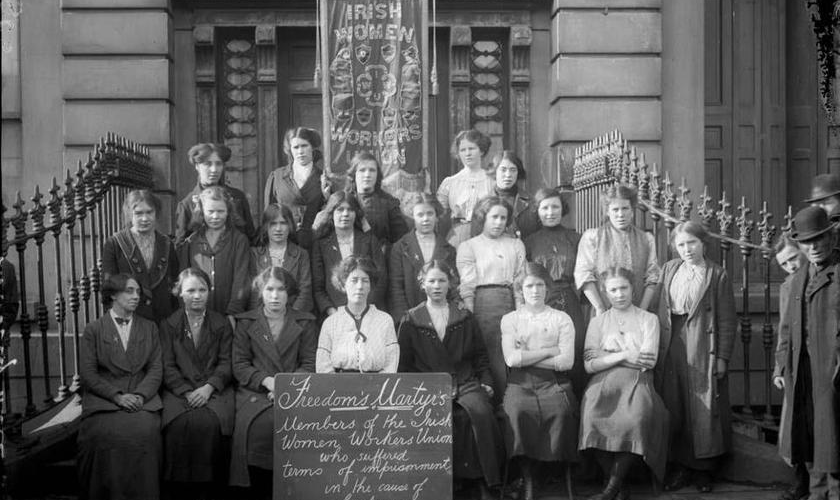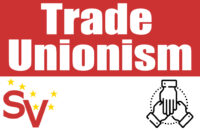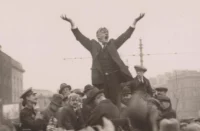The trade union movement is an integral part of Irish society and as such reflects how society sees women workers. It affects how the historical role of women as primary care-givers in the home can muddy the waters when it comes to equal pay, gender equality, and smashing the glass ceiling in the work-place.
It is true to say that historically in Ireland, as elsewhere, it was accepted by trade unions and the employers that a woman’s role in society was to care for her husband and family, and that while she was at work she would not earn the same as her male counterparts, as she was not viewed as the primary provider.
Many professions were closed to women, because they did not show women in a “ladylike” fashion, with this status being accepted by men and women, from the working class and employers alike. When you read books or listen to songs of the struggle of the working class it is as if women have been written out of history, with constant reference to “the working man” and his struggle for dignity and a fair day’s pay for a fair day’s work. The role of women in these stories is reflective of the confined role women were to play in the family, discussing how these struggles of the working man have secondary effects to the woman with women playing their role as an appendage to their man.
Many historical female trade union figures, such as Mother Jones, Rosa Luxemburg, and Rosie Hackett, are relatively unknown compared with their male counterparts, for example Joe Hill, James Connolly, or Lech Wałęsa, and even after their death much less is known about them. Society accepted that there was a gender gap, and so women are coming from a place of disadvantage in the struggle for equality.
It is also sadly true to say that some of, though not all, our male trade unionists have the same bias as any other male in society, and so the struggle of female workers must start from within the trade union movement. There can be an unconscious bias by male comrades towards their female comrades; and here is where we start to educate. We cannot right the wrongs of history and move forward without changing the mindset; and, like any effective change, we start by educating from within.
It’s simply not good enough for us to say, “Here is a women’s committee, now go and sort out what your issues are.” If a male-dominated society created these problems, then it is incumbent on males in society to take ownership and work with female comrades to right these wrongs. With this in mind, how exactly do we address these issues?
We need to recognise that gender equality, equal pay and smashing the glass ceiling are not just phrases or buzzwords, and we need to think of constructive ways to address these issues. We need female and male trade unionists working together to advance issues, especially after covid-19, when there is a real danger that the practice of working from home will see the woman becoming the primary care-giver and the traditional role of the male as the provider becomes the norm.
Prospective employers need to recognise any unconscious bias they may have when hiring staff for their work-place. During the process of interviewing, it is not all right to ask a single woman how she will apply herself to the role while having young children to take care of, especially if the question will not be asked of her male counterparts. Unconscious biases such as these have good intention but only contribute to a constricting narrative for female workers.
The trade union movement needs, as always, to lead the field in addressing these and other issues and show by example how to right the wrongs that we as a working-class society have inherited.






